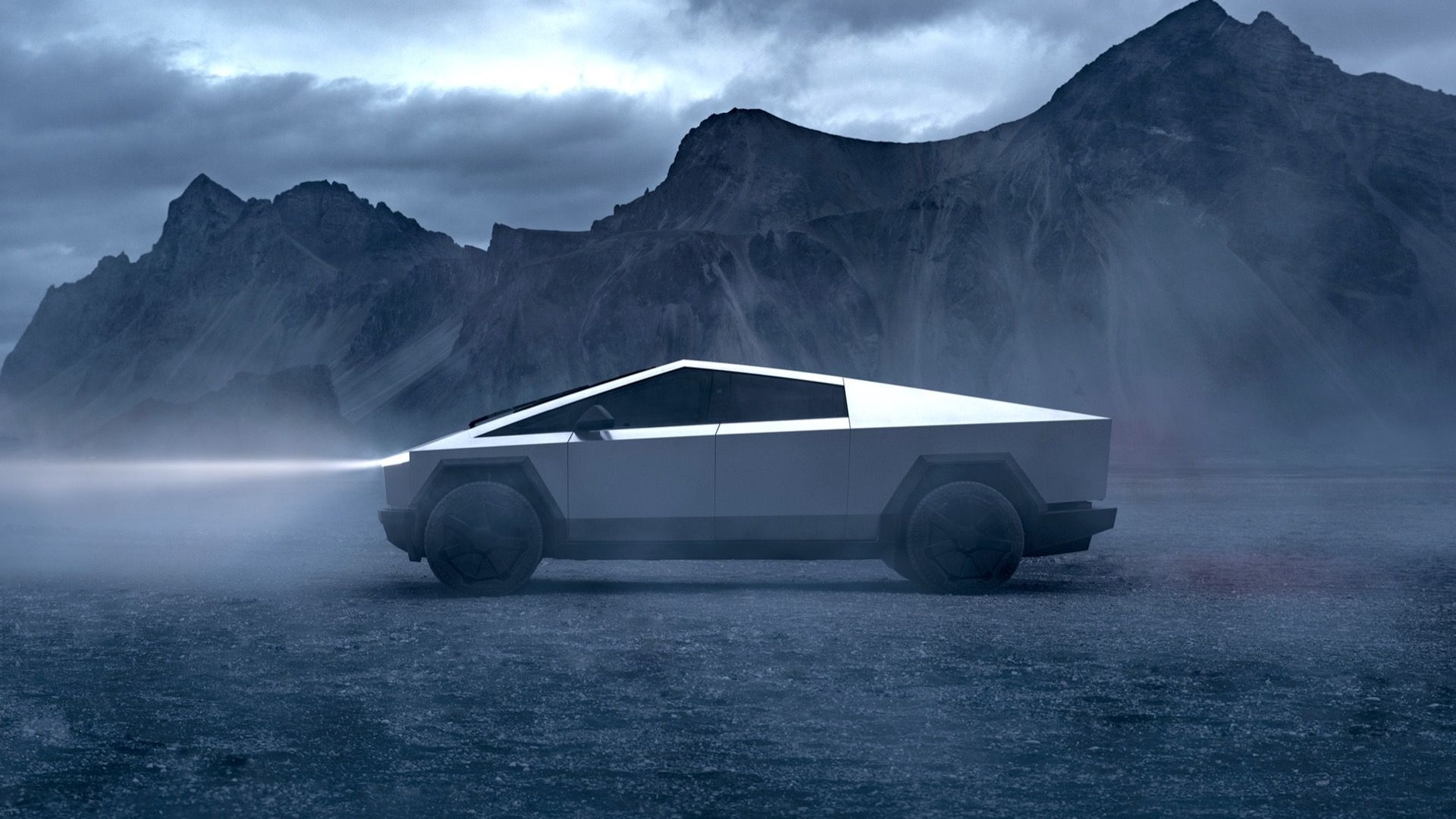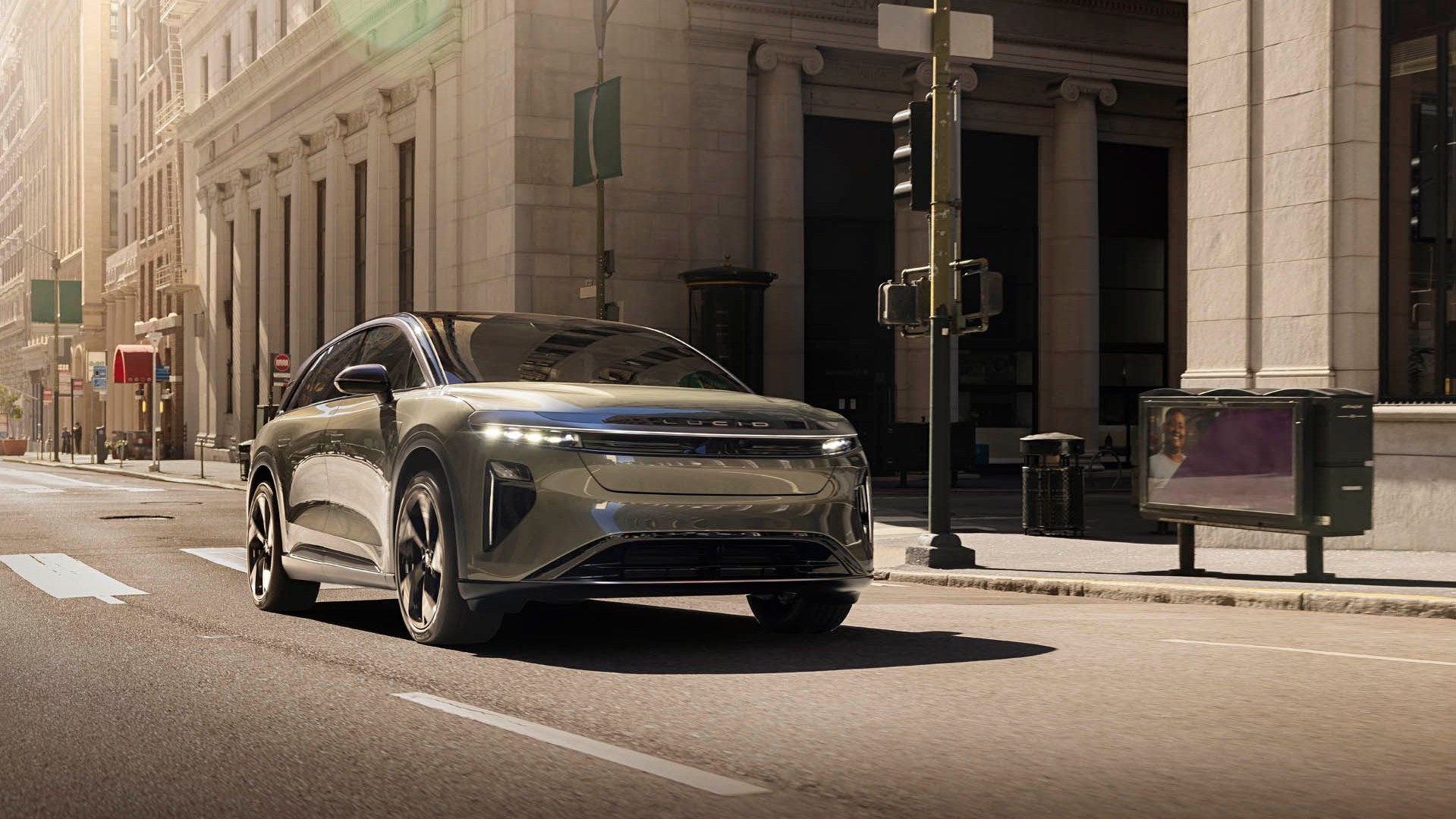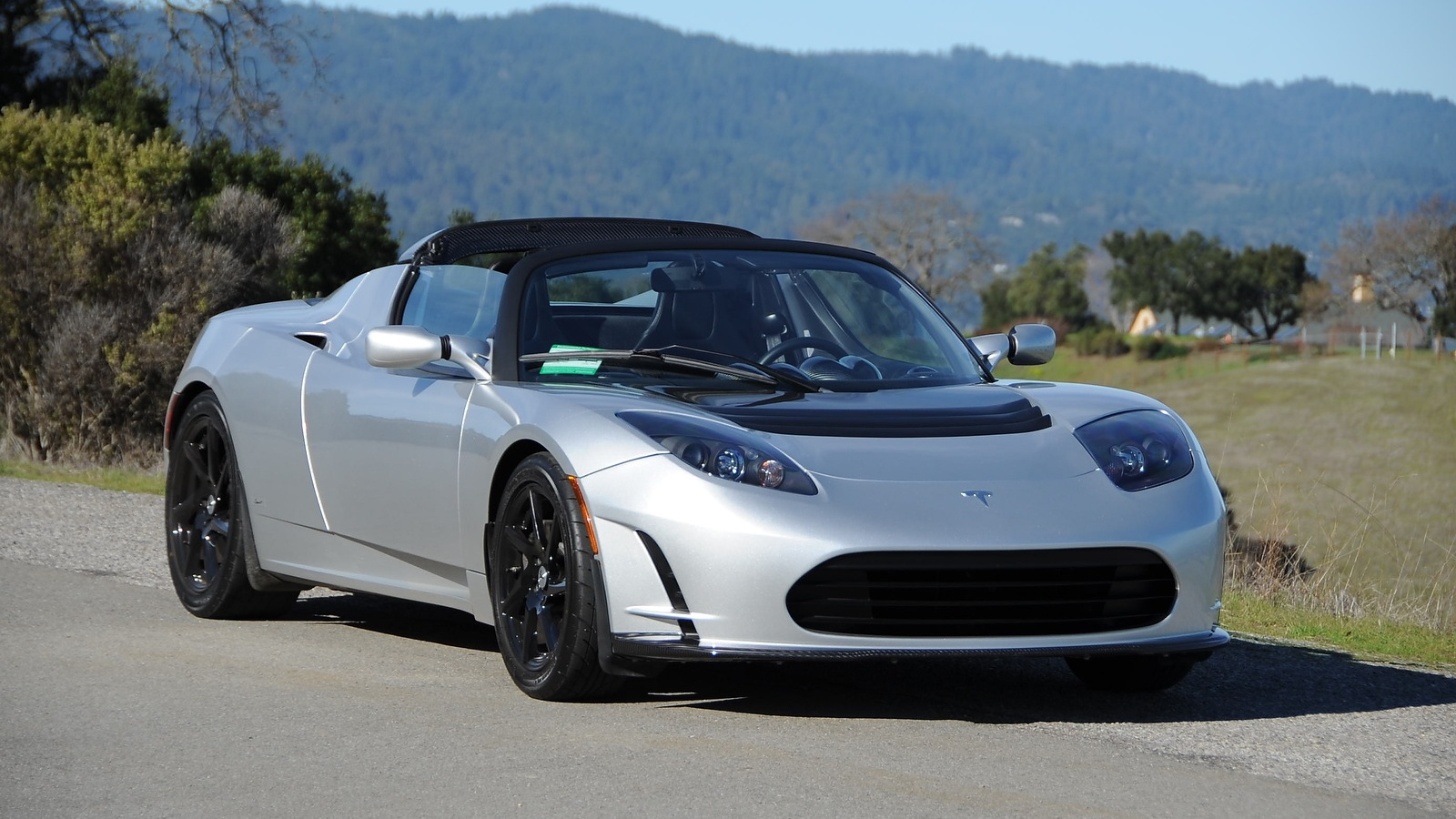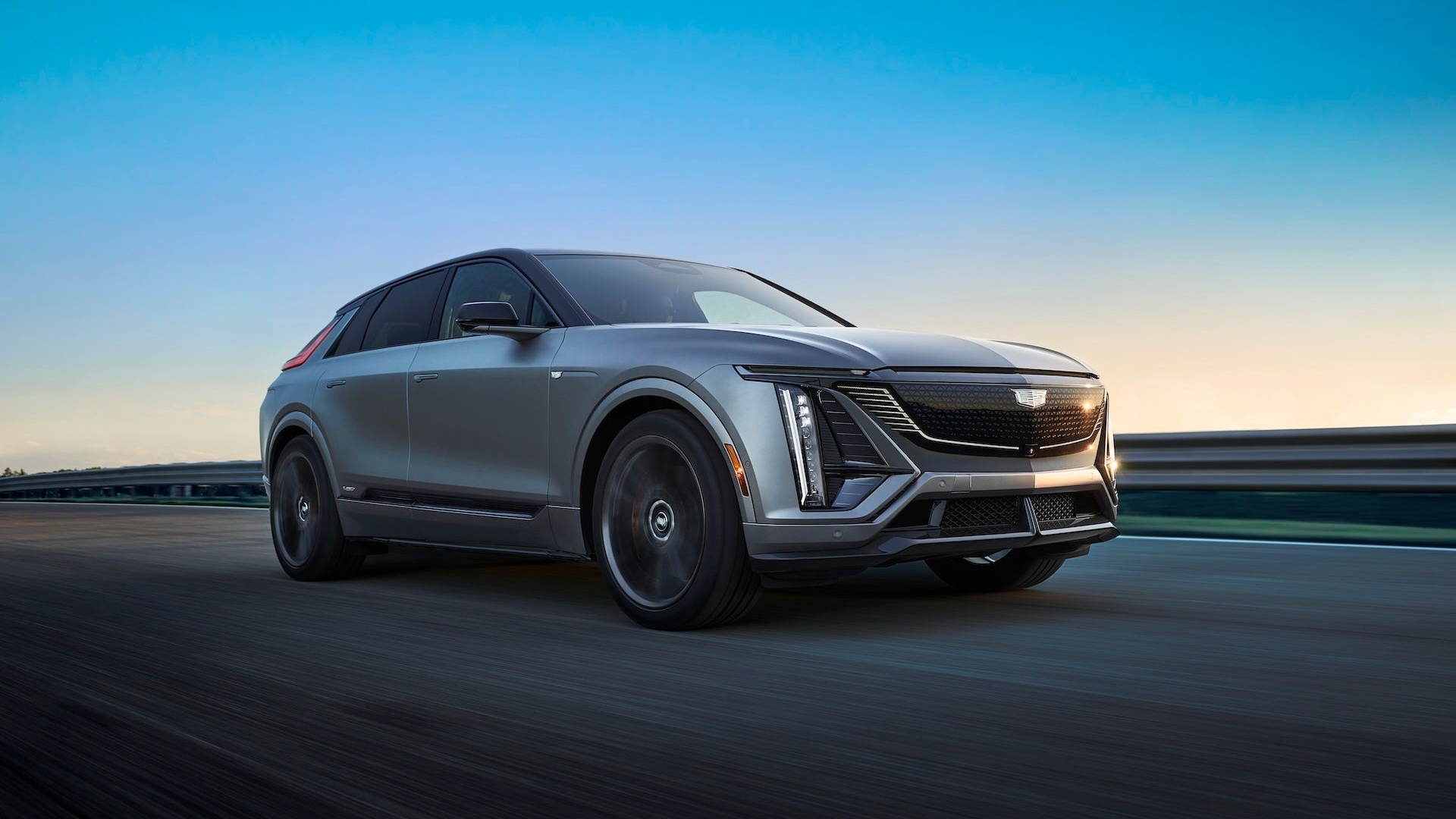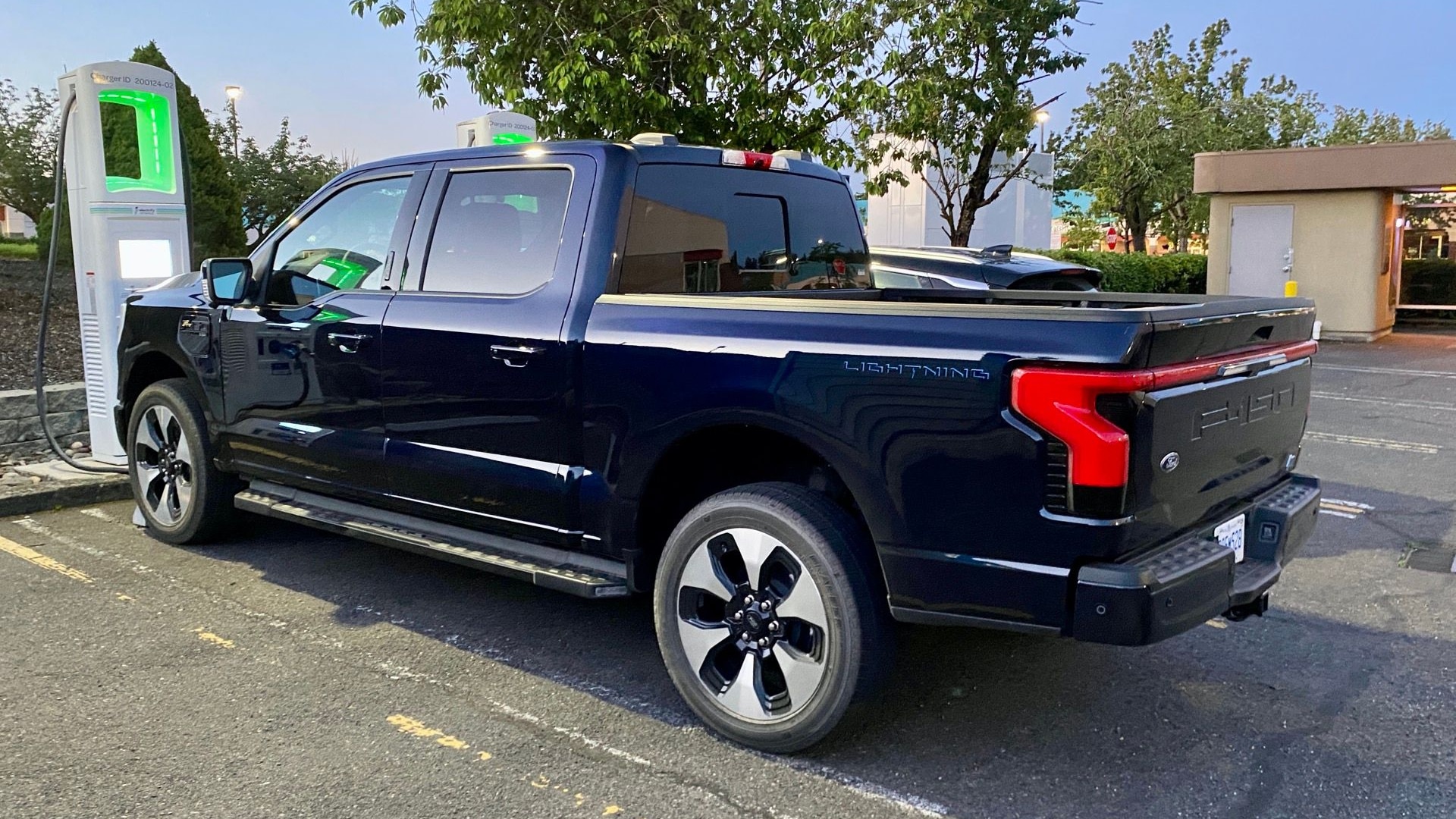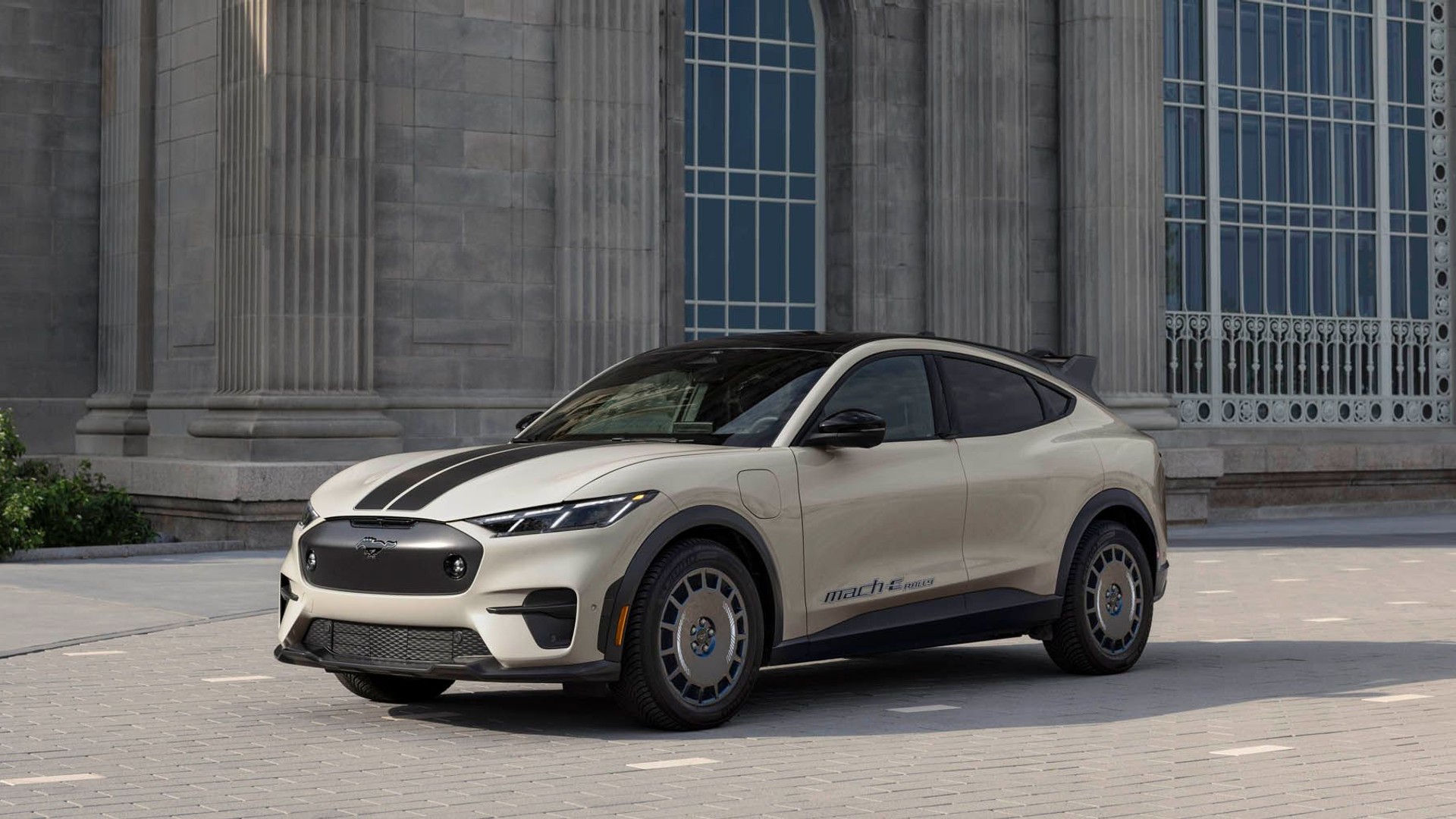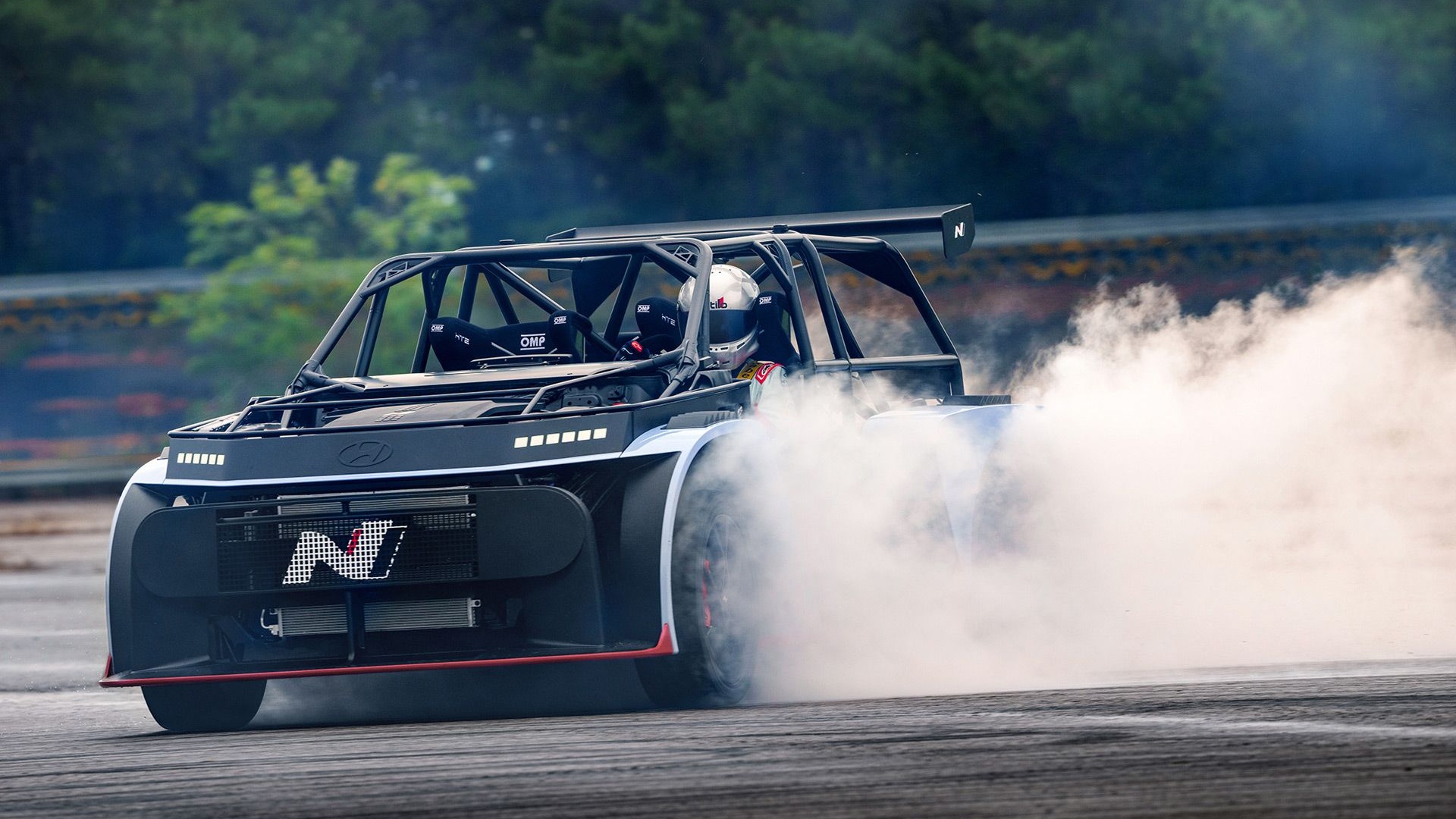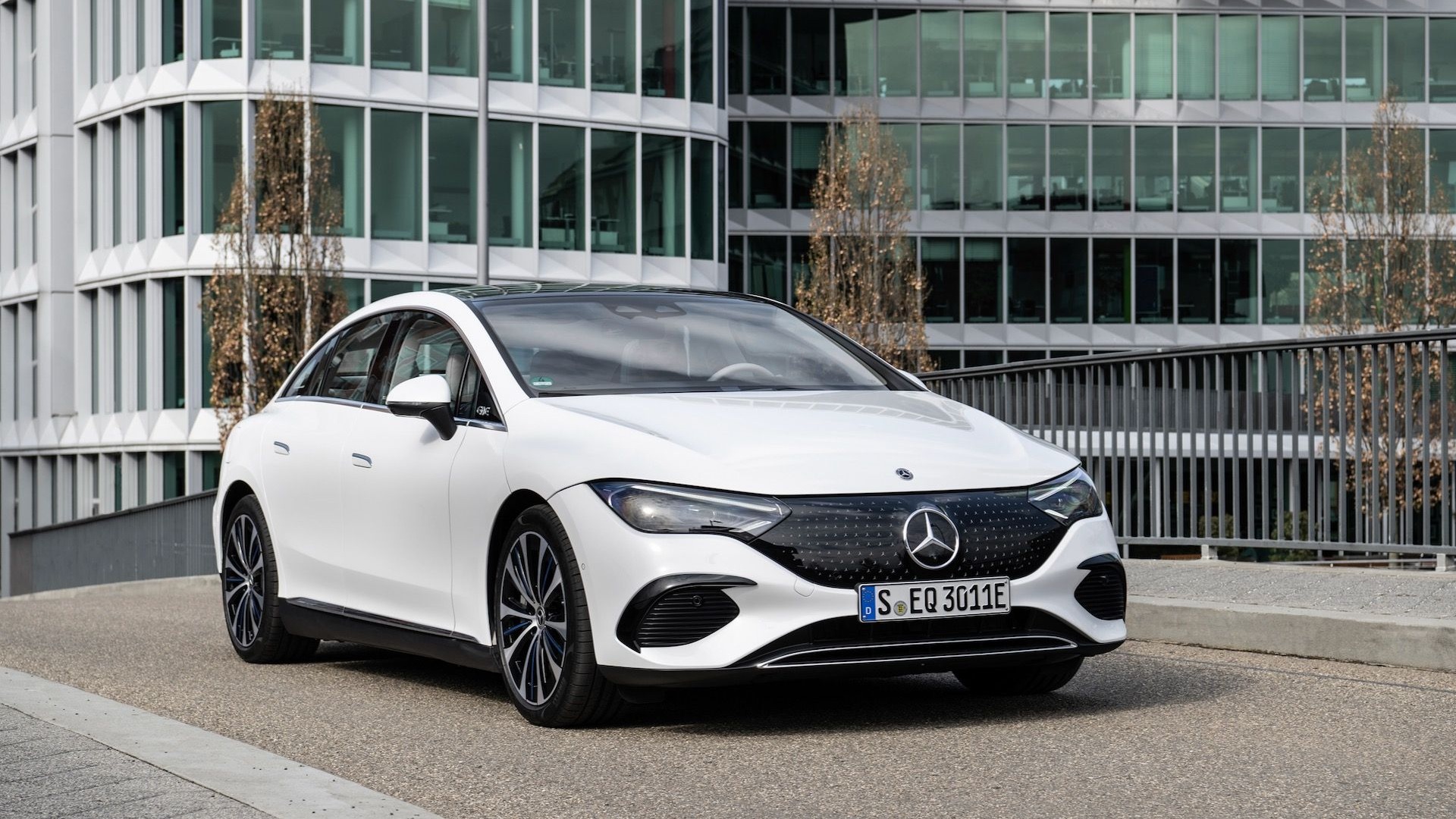A new kind of internal-combustion range extender for electric vehicles skips crankshafts and camshafts entirely, with packaging that could more easily coexist with battery packs.
The UK firm Libertine last month announced that it has been awarded 2.6 million British pounds (about $3.6 million) of Innovate UK funding to develop its free-piston engine generator concept.
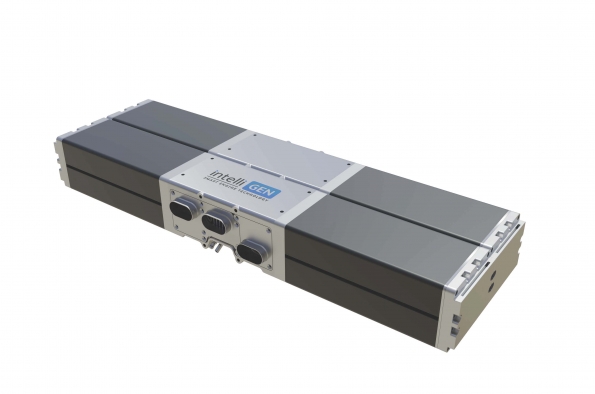
Libertine IntelliGen free-piston range extender
Libertine helps create modular engines that are “similar in size and shape to battery modules, and designed to be easily included into an electric-vehicle powertrain,” it says.
The design doesn’t produce torque; instead it propels magnet-equipped shafts back and forth, generating electricity.
Libertine is currently working with the supplier Mahle, based in Germany, to integrate the system within a platform and validate the its real-world performance. With pre-chamber combustion tech from Mahle, the companies might together develop a multi-cylinder free-piston engine “optimised and calibrated to start and run cleanly on renewable alcohol fuels.”
“The impact of a pure electric powertrain on payload, productivity and up-front costs, combined with limited charging infrastructure and restricted new vehicle choice, are real challenges, said Sam Cockerill, the CEO of Libertine and the director of a major hauler. “The combination of a smaller battery and an efficient onboard generator using 100% renewable fuels has the potential to solve these pain points and drive significant uptake of net zero trucks before the end of the decade.”
Libertine concedes that the engine concept itself isn’t new. The company doesn't itself make the engines, but it says that its control and manufacturing know-how—in software and problem-solving—could help realize the design’s potential for the first time at any significant volume in a range extender. It describes its engines as fully balanced, with low vibration.

Libertine IntelliGen free-piston engine
There might be a lot of flexibility in the level of power production from such an engine, and it has said that the approach would give vehicle buyers a choice that best suits their needs.
According to a 2018 paper in the International Journal of Engine Research, two-cycle free-piston engines could combine low-temperature combustion and the high thermal efficiency of diesel engines, with low soot and low NOx emissions—a combination that could fit right in as a cleaner choice than other range extenders.
Libertine isn't the only one working on free-piston tech either. A team at Durham Energy Institute has been working on the tech for many years (see video below), and says that the design promises to be more efficient, cheaper to manufacture, lighter and more compact, and easier to maintain.

Durham Energy Institute free-piston advantages
That speaks directly to the dilemma that some fleet buyers face in electrifying some kinds of commercial trucks: Do you build into them all the batteries they’ll need once or twice a year—like when the big snowstorm hits, or when there’s a delivery outside the normal area? Or do you imbue them with just enough for every other day of the year, with a backup plan for those couple days?
It’s still too early to tell whether Libertine’s idea is the future of range extenders for EVs. But if it can keep costs low, it could be a game-changer for making fully electric viable for larger trucks with big energy needs.




